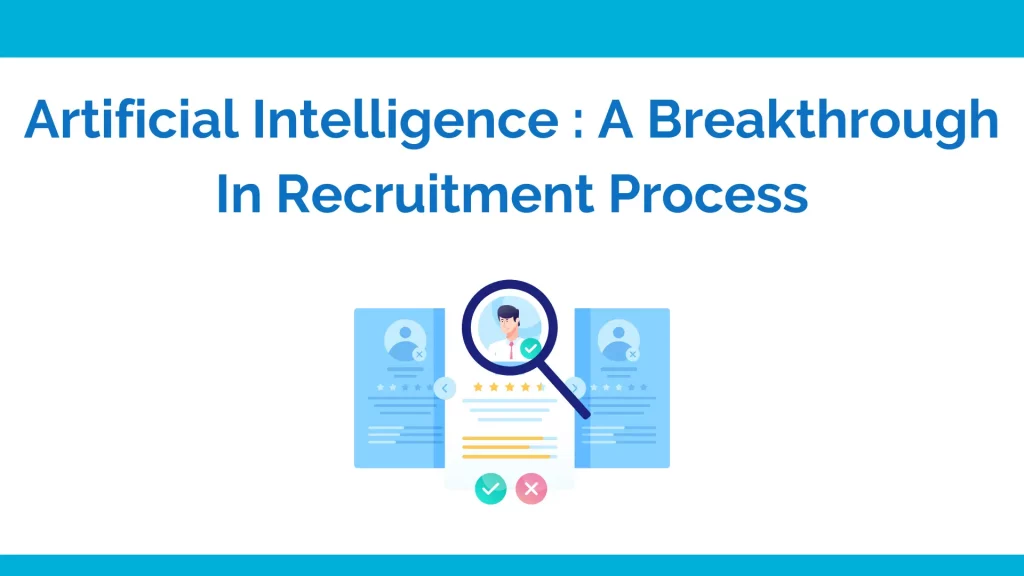Customer Support AI Tool
Customer support is crucial for any business, but managing it can be time-consuming. Responding to endless questions, handling multiple channels, and ensuring quick replies often overwhelm small teams.
Customer Support AI tools simplify this process. They help businesses respond faster, stay organized, and focus on more complex problems. By automating routine tasks, these tools improve efficiency and customer satisfaction.
In this article, we’ll discuss how these tools work, their benefits, and why they are essential for great customer service.
How Customer Support AI Tools Help?
Customer Support AI tools offer a range of features that make managing customer interactions easier. Here are some of the most common ones:
- Chat Automation: Automate responses to common questions through chatbots, ensuring quick replies 24/7.
- Ticket Management: Organize and prioritize support tickets, making it easier for teams to handle multiple queries.
- Multi-Channel Support: Manage inquiries from email, social media, and live chat in one place.
- Data Collection and Analysis: Gather customer feedback and analyze interactions to improve service.
- Personalized Responses: Use customer data to provide tailored replies that make interactions more engaging.
Table of Contents

Explore Top Customer Support AI Tools
What Are Customer Support AI Tools?
Customer Support AI tools are software programs designed to assist businesses in managing customer interactions. They can handle simple tasks like answering frequently asked questions, routing queries to the right departments, and providing updates on orders or services. By automating repetitive tasks, these tools allow support teams to focus on solving more complex customer issues.
These tools are especially helpful for businesses with high volumes of customer inquiries. They ensure customers get timely responses, improving satisfaction and loyalty. Whether it’s through chatbots, email automation, or support ticket management, these tools make customer service faster and more efficient.
Top Tools to Consider
Here are some popular Customer Support AI tools businesses can use:
1. Zendesk : Zendesk offers a complete customer support platform with tools for ticketing, chat, and analytics. It’s easy to use and integrates well with other business systems.
2. Freshdesk : Freshdesk helps businesses manage customer queries across multiple channels. It offers automation features like canned responses and ticket prioritization.
3. Intercom : Intercom focuses on real-time customer communication. It includes chatbots, live chat, and email tools to streamline support.
Practical Applications of Customer Support AI Tools
These tools can transform the way businesses manage customer interactions. Here are some practical ways they help:
1. Improving Response Times : Automated responses ensure customers get answers quickly, even outside business hours. This reduces wait times and improves satisfaction.
2. Streamlining Workflows : Support teams can use ticket management systems to prioritize tasks and resolve issues faster. This improves team efficiency.
3. Handling High Volumes: During busy periods, such as sales or product launches, these tools can handle large numbers of queries without overwhelming the team.
4. Providing Consistent Support: Automated systems ensure customers receive the same quality of support, regardless of when or how they contact the business.
5. Gathering Customer Insights: By analyzing customer interactions, businesses can identify common issues and improve their products or services.
Traditional Methods vs Modern Tools
Customer support has evolved significantly over the years. Traditional methods relied heavily on manual processes, while modern tools offer automation and efficiency. Here’s how they compare:
1. Speed: Traditional methods required human agents to handle every query, often leading to long wait times. Modern tools provide instant responses through automation, ensuring faster resolutions.
2. Scalability: Traditional systems struggled to keep up with high volumes of queries, especially during peak times. Modern tools can handle multiple inquiries simultaneously, making them ideal for growing businesses.
3. Accuracy: Human errors were common in traditional systems, especially when dealing with repetitive tasks. Modern tools reduce errors by following predefined processes.
4. Cost: Traditional support methods required large teams, increasing costs. Modern tools reduce the need for extensive staff by automating routine tasks, saving money.
5. Insights: Traditional methods lacked the ability to analyze interactions effectively. Modern tools provide valuable insights through data analysis, helping businesses improve their services.
While traditional methods have their strengths in offering a personal touch, modern tools excel in efficiency and scalability.
Factors for Adoption
When deciding to adopt a Customer Support AI tool, businesses should consider the following:
- Ease of Use: The tool should be simple to implement and use, even for non-technical staff.
- Cost: Look for tools that fit your budget and offer scalable pricing plans.
- Integration: Ensure the tool works well with your existing systems, such as CRM or email platforms.
- Customer Needs: Choose a tool that aligns with your customers’ preferred communication channels.
- Customization: Opt for tools that allow personalized configurations to suit your business.
Limitations of Customer Support AI Tools
While these tools offer many benefits, they also have limitations:
- Limited Understanding: Automated systems may struggle with complex or unique customer queries.
- Cost for Advanced Features: More advanced tools often come with higher subscription fees.
- Dependence on Data: Tools rely heavily on accurate data for effective responses.
- Loss of Personal Touch: Over-automation can sometimes make interactions feel less human.
Understanding these limitations helps businesses use the tools effectively while addressing their shortcomings.
Future Scope of Customer Support AI Tools
As technology continues to evolve, these tools will become even more advanced. Here’s what we can expect in the future:
- Better Natural Language Processing: Improved understanding of customer language will make interactions smoother and more accurate.
- Proactive Support: Tools may predict customer issues before they arise, offering solutions in advance.
- Voice Assistance Integration: Voice-based AI tools could become a standard feature for customer support.
- Greater Customization: Businesses will have more options to tailor tools to their specific needs.
- Enhanced Security: Stronger data protection measures will ensure customer information stays safe.
These advancements will further improve customer support, making it more efficient and effective.
Conclusion
Customer Support AI tools are transforming the way businesses handle customer interactions. By automating routine tasks and improving response times, they allow teams to focus on more critical issues. While these tools have limitations, their benefits far outweigh the challenges. With continuous advancements in technology, adopting these tools is becoming essential for businesses that want to deliver excellent customer service and stay competitive in today’s market.
Related Categories
Explore 1000+ AI Tools in related categories

Get Exclusive AI Tips
Receive the same AI tips that helped me to make $37,605 in just two weeks!





